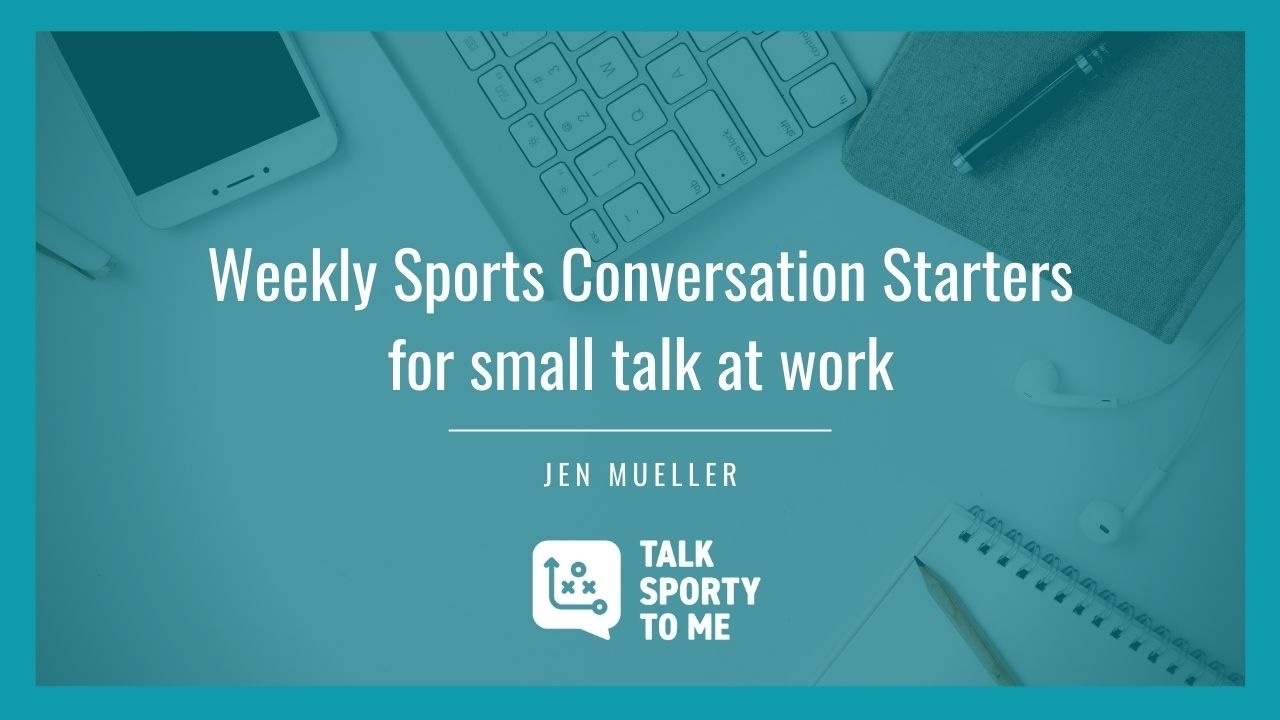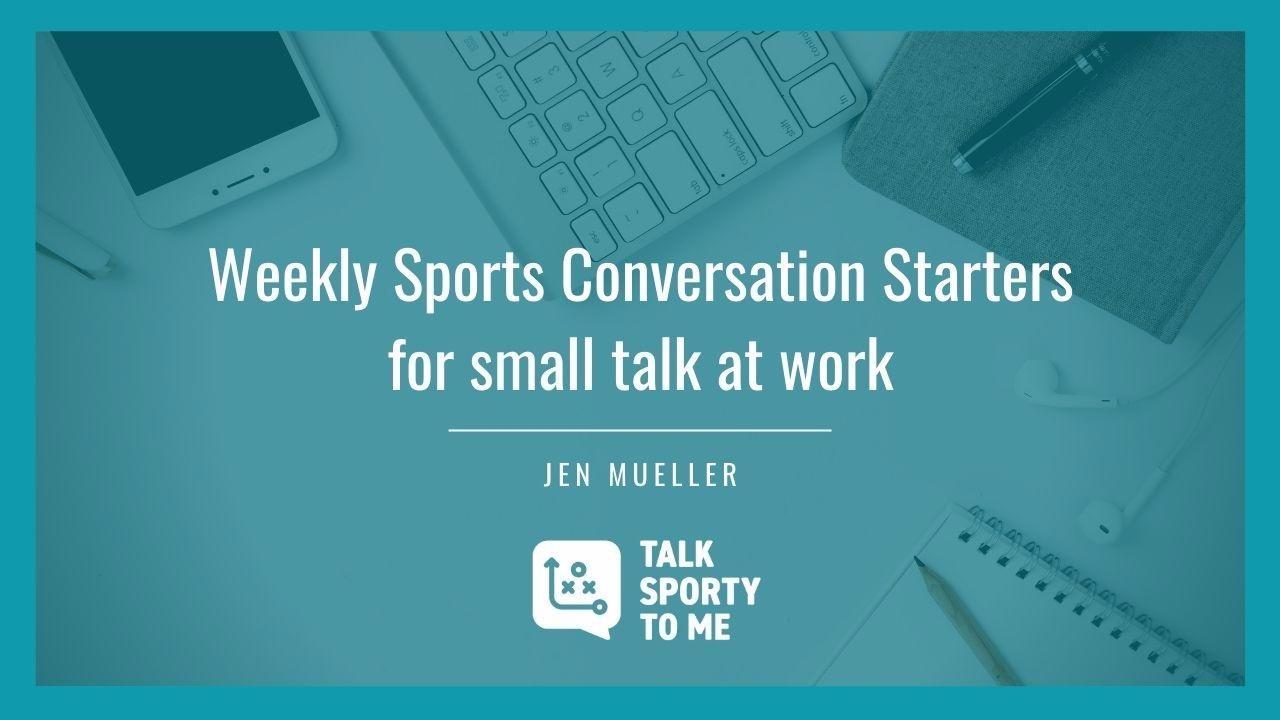Not a single athlete looks at a challenge or opponent and admits defeat before playing the game.
Even if the oddsmakers say it’s improbable, even whe...
NFL Training Camps get underway this week. It’s one of my favorite times of the year, not just because I love football, but because of the networking ...
NBA forward Kevin Durant admitted to “thinking too much” during Brooklyn’s playoff series against Boston. The Seattle Kraken players, a team I cover, ...
We lost power for two hours Sunday. It wasn’t a big deal, or even much of an inconvenience … although it did delay baking my blueberry coffee cake by ...
Stay interested to be interesting.
A friend reminded me of that phrase at dinner the other night.
For her it meant listening to different podcasts r...
If you're starting your week with a holiday then it will likely take a little extra time to get back in the swing of things this week. Any time you ch...
There’s no shortage of advice for making goals or how to reach them. They could be S.M.A.R.T. goals, or maybe you prefer the HARD method or the WOOP a...












